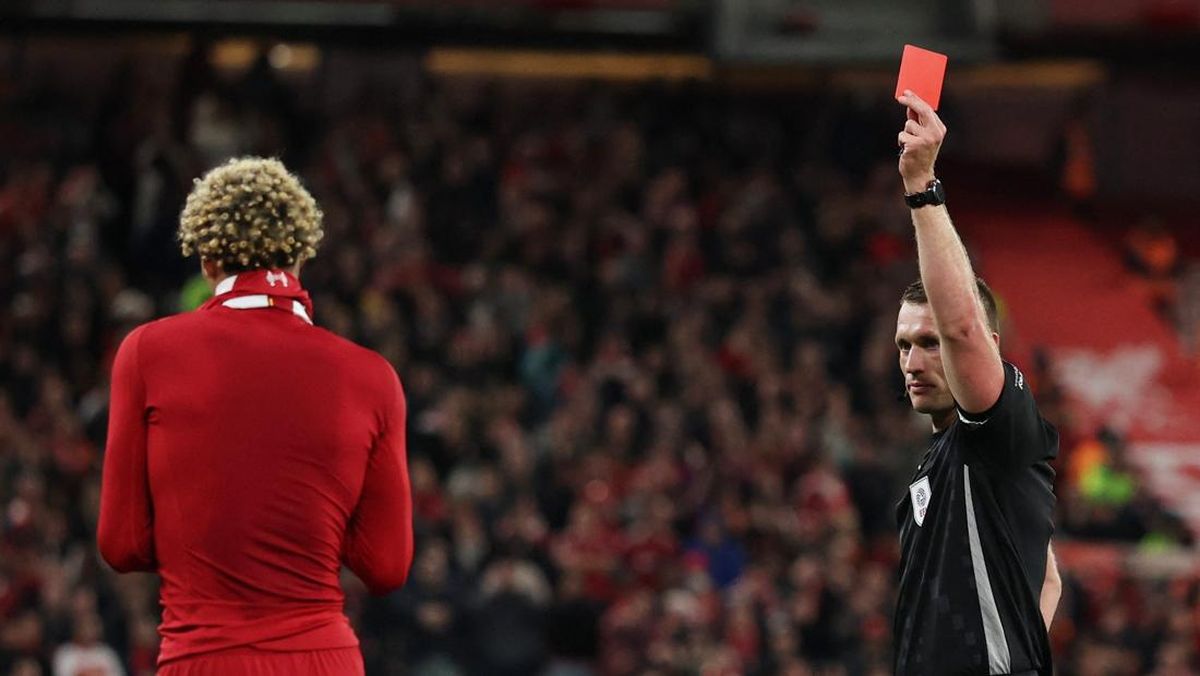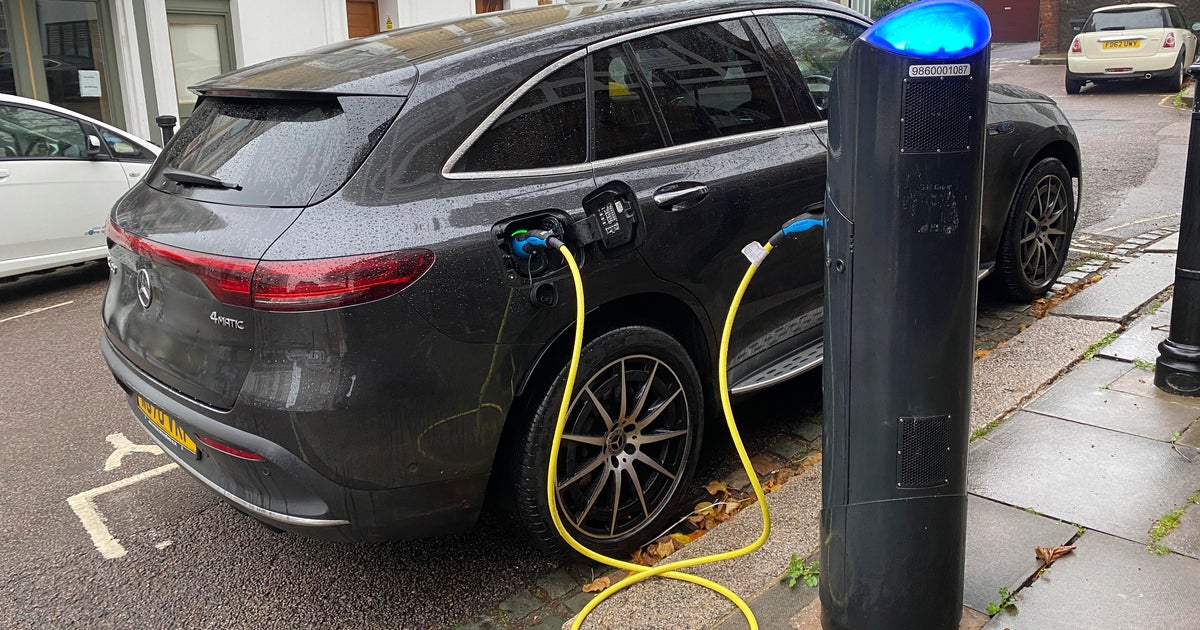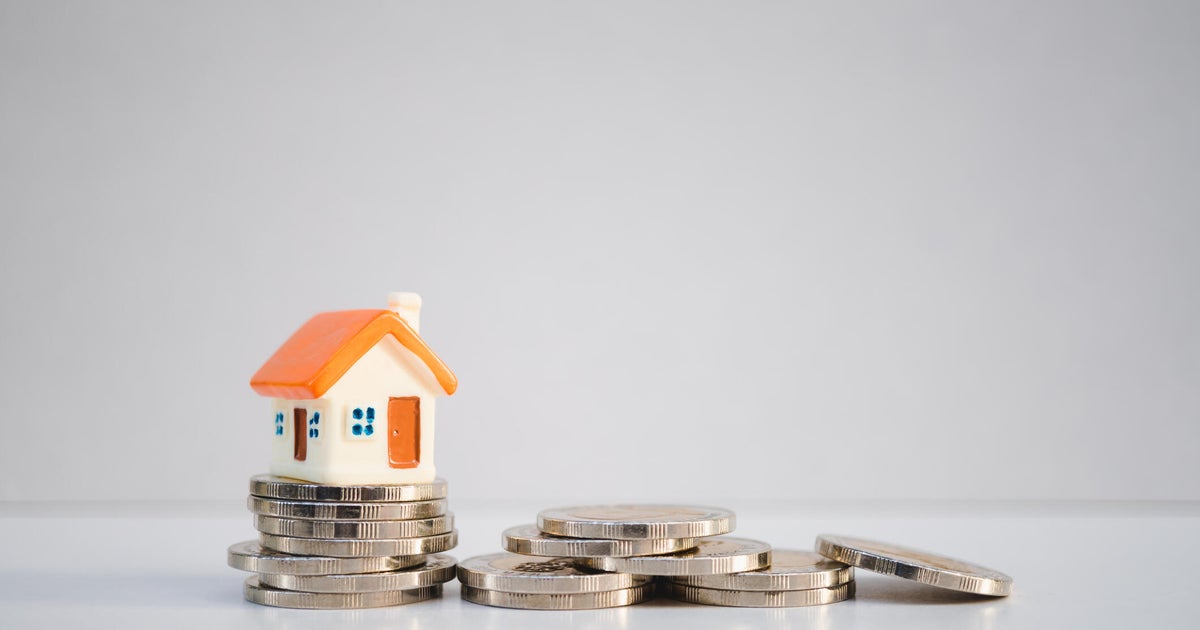 Using a home equity loan to purchase a second home could make sense for some owners now that interest rates are cooling again.
Nando Vidal/Getty Images
Using a home equity loan to purchase a second home could make sense for some owners now that interest rates are cooling again.
Nando Vidal/Getty Images
The interest rate cut issued by the Federal Reserve last week may have only lowered the benchmark rate by a quarter of a percentage point, but it inevitably led to a series of questions and considerations for borrowers.
Most cuts, after all, will lead to some relief. And for home equity loan borrowers, in particular, it can be especially helpful as this product is already cheaper than many alternatives. A reduction in the federal funds rate, then, can make home equity loans even cheaper than they are. That could cause the average rate to decline under the 8% mark, if not now, then in the months to come, if expected rate cuts in October and December are ultimately formalized.
Against this backdrop, some homeowners may already be calculating the costs of borrowing from their home equity right now. Select others, meanwhile, may be wondering about the merits of using a home equity loan to buy a second home. But is this the right move to make now, after interest rates were cut? Or are these homeowners better served by delaying action or exploring alternatives? The answers to these questions vary, but there are some items homeowners in this situation should consider now that can help better inform their next steps. Below, we'll break down three items to consider first.
Start by seeing how much home equity you'd be eligible to borrow here.
Should you use a home equity loan to buy a second home after interest rates were cut?
Using a home equity loan to purchase another home can be done adequately and cost-effectively, assuming you evaluate the following three items closely right now, in the economy of fall 2025:
The wider interest rate climate
Sure, average home equity loan and mortgage interest rates are lower now (the latter recently falling to its lowest level in three years). But neither is as low as they were in the recent past, and both could drop further should you decide to wait. Consider the wider interest rate climate, then, before moving ahead. The interest rate you have on the home you're borrowing is likely much lower than the new one you'll be offered on a second home, regardless of how high your credit score is. Calculate the costs here carefully to better determine if it's truly worth leveraging your home equity for this purpose. For some, waiting a bit longer for rates to fall further may make the most sense.
Compare your current home equity loan rate offers online to learn more.
How much equity you currently have (and how much you'll need)
Total home equity levels rose to a new record high in the second quarter of 2025, according to an August report. But the amount you have in your home now could be higher or lower, depending on factors such as location and outstanding mortgage balance. Determine, then, how much home equity you actually have to work with and proceed by calculating an equity amount that you'll actually need to make a down payment on a second home.
Finally, don't forget about private mortgage insurance (PMI), which will be mandated should you be unable to make a 20% down payment on the second home via your current home's equity. There's a lot of math that will need to be figured out here, but with a home equity loan using your home as collateral, it's important to take the time to get the figures right to avoid any foreclosure risks.
Your long-term financial goals
What is the point of leveraging your current home's equity to purchase a second home? Is that a calculated risk worth taking now? Or do you just want to take advantage of high home equity levels and lower interest rates now that both are available?
You should take a step back and consider your long-term financial goals to better determine where a second home purchase, financed by your current home equity, fits in. While today's rate climate is markedly improved from just a few years ago, it hasn't gotten so much better that you should rush into any big new purchases. Take the time to evaluate your goals first.
The bottom line
Using a home equity loan to purchase a second home could be a smart move for some homeowners, especially now with interest rates declining again. But "some" homeowners aren't all or even most. So consider this approach carefully and view the decision by evaluating the aforementioned items first. By doing so, you'll be better able to determine if this is the right move for you now, in the future, or potentially, not at all.
Learn more about borrowing home equity to finance a new home purchase here.
Matt Richardson is the senior managing editor for the Managing Your Money section for CBSNews.com. He writes and edits content about personal finance ranging from savings to investing to insurance.


















































